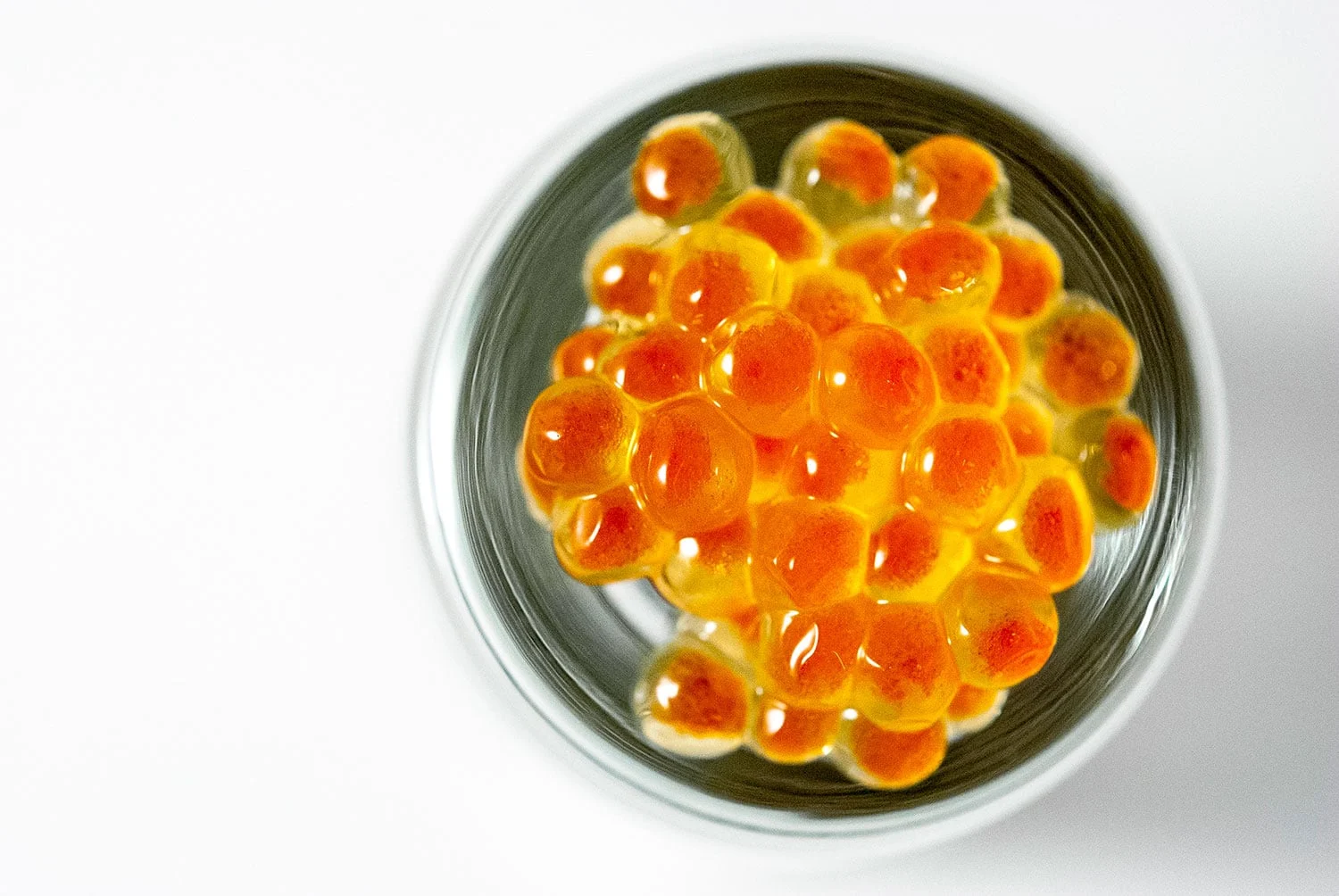Should I Still Drink Fruit Juice?
When it comes to our diet, we are constantly bombarded with conflicting advice and changing trends. One day, a particular food is praised as a superfood, and the next, it is denounced as unhealthy. The debate surrounding fruit juice is a perfect example of this phenomenon. While fruit juice has long been lauded as a nutritious beverage, recent discussions have raised concerns about its impact on our health.
So, should you still drink fruit juice? Let’s take a closer look:
The Pros of Fruit Juice
- Nutrient Content: Fruit juices are packed with essential vitamins and minerals, including vitamin C, potassium, and folate.
- Hydration: Drinking fruit juice can be an excellent way to stay hydrated, especially for those who struggle to consume enough water throughout the day.
- Convenience: Fruit juice is readily available and easy to consume on the go. It can be a convenient option when you’re in a rush or don’t have access to fresh fruits.
- Taste Appeal: Fruit juices often have a sweet and refreshing taste, making them an enjoyable beverage choice for many.
The Cons of Fruit Juice
- High Sugar Content: One of the main concerns with fruit juice is its high sugar content. Even though it comes from natural sources, fruit juice can contain a significant amount of sugar and calories, especially if consumed in large quantities.
- Lack of Fiber: Unlike whole fruits, fruit juices lack the fiber content that plays a crucial role in digestion and overall health.
- Potential for Overconsumption: Drinking fruit juice may lead to overconsumption due to its convenience and pleasant taste. This can contribute to weight gain and an increased risk of chronic health conditions.
- Dental Health: The acidity and sugar in fruit juice can potentially harm tooth enamel and increase the risk of dental cavities.
The Bottom Line
Like many aspects of our diet, moderation and mindful consumption are key when it comes to fruit juice. While it can provide essential nutrients and hydration, it’s crucial to be aware of the potential pitfalls. Here are some recommendations:
- Choose whole fruits: Whenever possible, opt for whole fruits instead of fruit juice. Whole fruits provide more fiber and are generally more filling.
- Limit intake: If you enjoy fruit juice, aim to consume it in moderation and as part of a balanced diet.
- Opt for fresh juice: If you decide to drink fruit juice, choose fresh and homemade options whenever possible. These are usually lower in added sugars compared to store-bought varieties.
- Consider diluting: To reduce sugar intake, consider diluting fruit juice with water or combining it with sparkling water for a refreshing twist.
- Focus on variety: Instead of relying solely on fruit juice, explore other beverages that provide hydration and nutrients, such as water, herbal teas, or infused water.
Ultimately, the decision of whether or not to drink fruit juice is a personal one. It’s essential to consider your overall dietary needs, preferences, and health goals. By being mindful of your choices and nurturing a balanced approach, you can still enjoy fruit juice as part of a healthy lifestyle.
Remember, balance is key.











